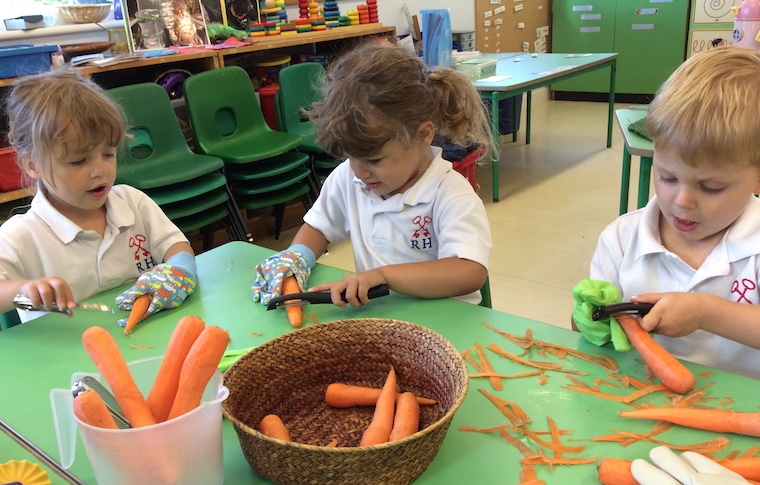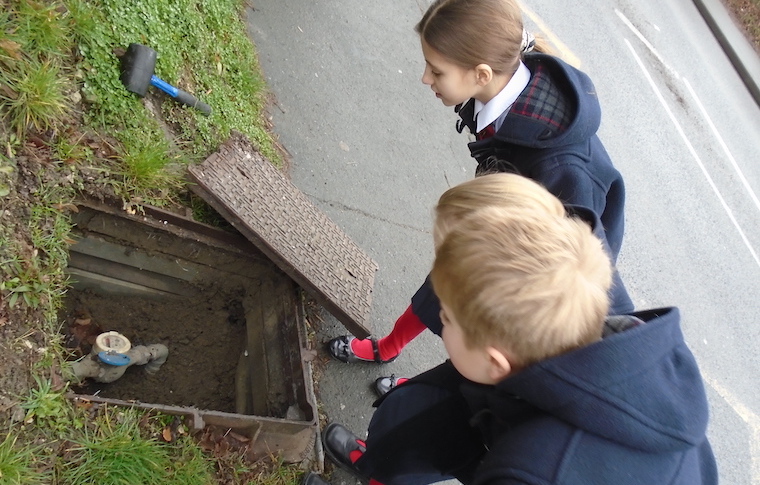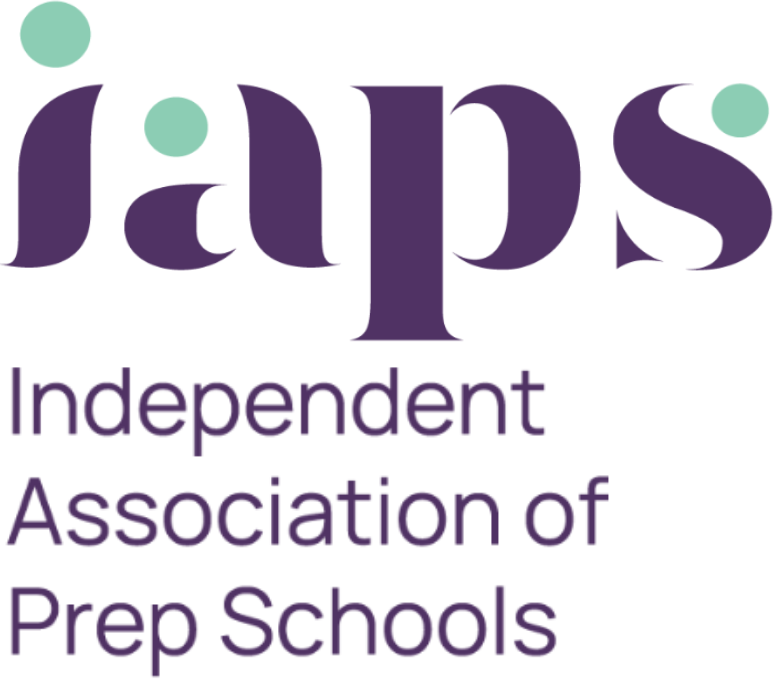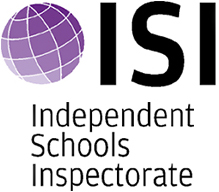Preparing for life beyond school
Preparing children for life beyond school is integral to what we do, writes Mr McCarthy.
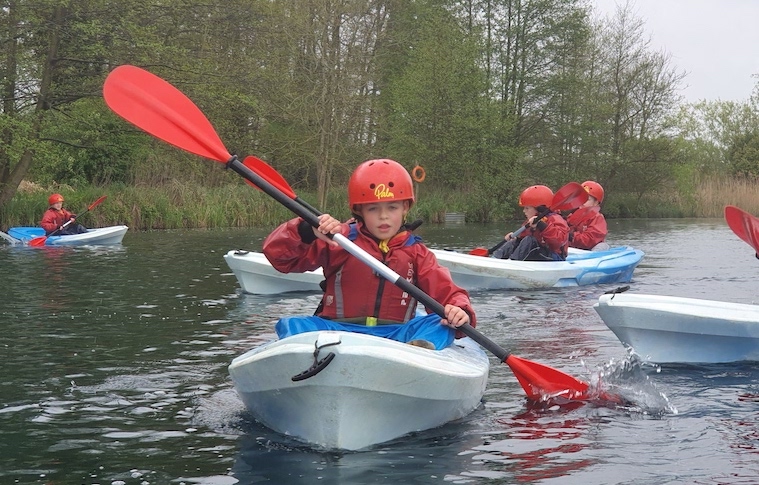
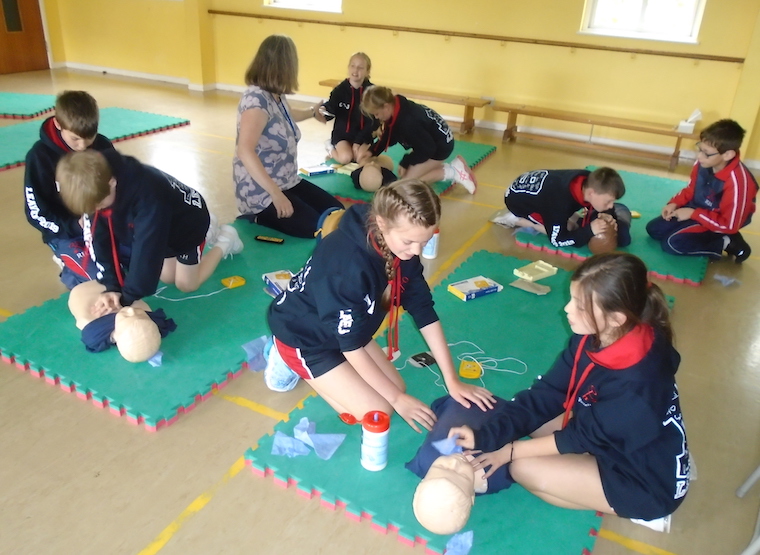
The Welsh Youth Parliament recently called for more teaching of life skills, suggesting schools are producing 'A* robots with no knowledge of the real world'. I am not sure that I agree with the Youth Parliament.
I can only speak to the independent sector of course, but my feelings are that our schools produce highly capable individuals across many dimensions. What has changed is the pace of life and sheer volume of what is, perhaps unrealistically at times, expected of our youth today. Parents too are so busy that they have less time for passing on life skill basics to their offspring than perhaps they did in my own youth.
I want our pupils to leave with their critical instincts and curiosity sharpened.
As a preparatory school, I always think that our job is to do precisely that: prepare children for life beyond. What do I believe children need for life beyond? By the age of 11, our aim is to provide our pupils with multiple opportunities to develop the core skills of confidence, self-awareness and the ability to reason and communicate effectively. I want our pupils to leave with their critical instincts and curiosity sharpened. I want them to be rational thinkers, not afraid to question accepted wisdom.

We do that by creating a school-wide ethos where children are asked not to be afraid to make mistakes, not just in their core subjects but in sport, music, drama, art or any in any of the myriad co-curricular clubs and societies we offer to enhance their learning. Through reflection during assemblies, or via our carefully structured pastoral care, our pupils examine themes of tolerance, and respect for selves, others and property.
Our humanities curriculum and our school ethos is designed to avoid promoting any particular faith and offer children the chance to be critical of philosophy and to choose their own path. Our pupils are also gaining a close understanding of the real challenge for families in parts of the world that have nothing. They are hard at work raising money for a new school we are supporting in Nepal, so we nurture practical help rather than just talking a good game.
Certainly we also offer first aid, appropriate sex and relationships education, financial basics and a range of outdoor-bounds options designed to test resilience and adaptability. Therefore, and I see this in the faces of Russell House pupils with their high levels of engagement and enjoyment about learning, I am a little more optimistic about the future.
Craig McCarthy

